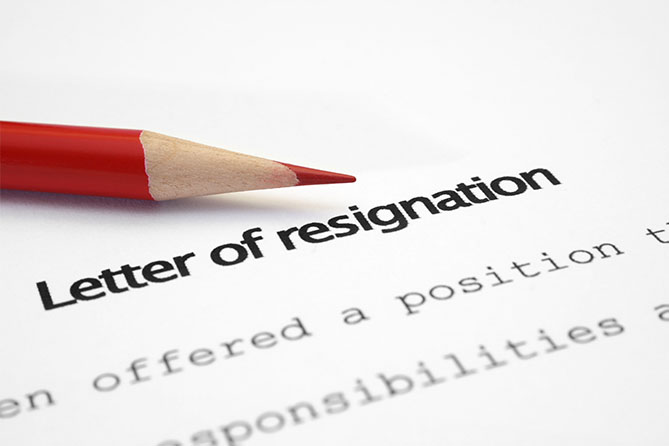Imagine a co-worker who trashes his cubicle, plays practical jokes on his replacement and slinks off with the copier on his last day of work. Is this a person you’d recommend to a prospective employer? Or expect your company to rehire? Or want to work with again? Probably not.
We can only hope that the reported antics surrounding the Clintons’ White House exodus are untrue, because bad behavior—from a chief executive, no less—degrades the employment experience for the rest of us.
When faced with leaving a job, it’s best to exercise decorum, whether the move is voluntary or forced. To make the best of an awkward situation, here are some tips to remember:
- Keep your mouth shut. Leaving a job (like ending a personal relationship) is strictly a private matter; and waving your dirty laundry serves no purpose.
- Stay cool. Even in the context of a “confidential” exit interview, there’s nothing to gain from scorching the Earth.
- Keep your distance. Soliciting support (or fomenting dissent) from your co-workers might create the impression of a conspiracy or coup d’etat—and unwittingly implicate innocent people.
- Burn bridges at your own peril. The company you left yesterday may need your services tomorrow. If you don’t have anything nice to say, don’t say it.
Sure, it’s easy to be gracious when everything’s rosy. But it takes an extra dose of character to act like an adult when the going gets tough. If you’re ever caught in a sudden employment shift, try to maintain your composure and consider the consequences of your actions.
Workplace trends like flexible schedules and casual Fridays may come and go—but good manners are forever.
Otherwise, Shakespeare wouldn’t have written, “A person is remembered for his entrances and exits.”



